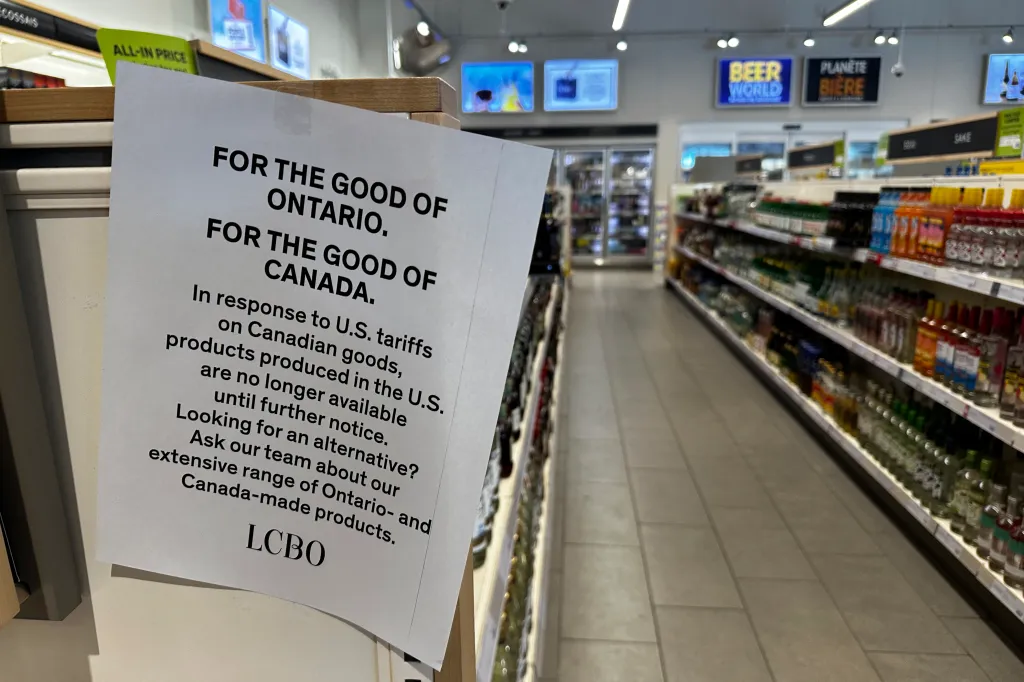By Jeff Kowalsky,Scott Lincicome
Copyright thedispatch

Of course, not all financial struggles of U.S. multinationals abroad—and U.S. exporters at home—should be attributed to people mad about Trump administration policies. Some of it stems from internal or market problems or, in the case of China and (to a lesser extent) Canada, government restrictions on U.S. goods and services. (Canadian provinces’ alcohol bans are proving particularly painful.) Yet governments in most of these markets haven’t retaliated, and it’s clear from loads of reporting that people abroad are protesting with their pocketbooks—whether because they’re mad about U.S. policy or because they simply need to hedge their business bets in a highly uncertain global trade environment. It’s also clear, moreover, that many other private responses are too small or hidden to be reported. A recent Washington Post piece, for example, included a random aside about a New York-based gear manufacturer facing a tough export market not because of foreign tariffs but simply because “international inquiries have dried up by about 50 percent … as buyers in other countries look for ways to bypass American manufacturers.” Whether those buyers are acting out of anger or strategy doesn’t really matter—what matters is that they’re acting, that they’re doing so in response to U.S. policy they don’t like, and that there are probably many more companies and people abroad doing the same.



